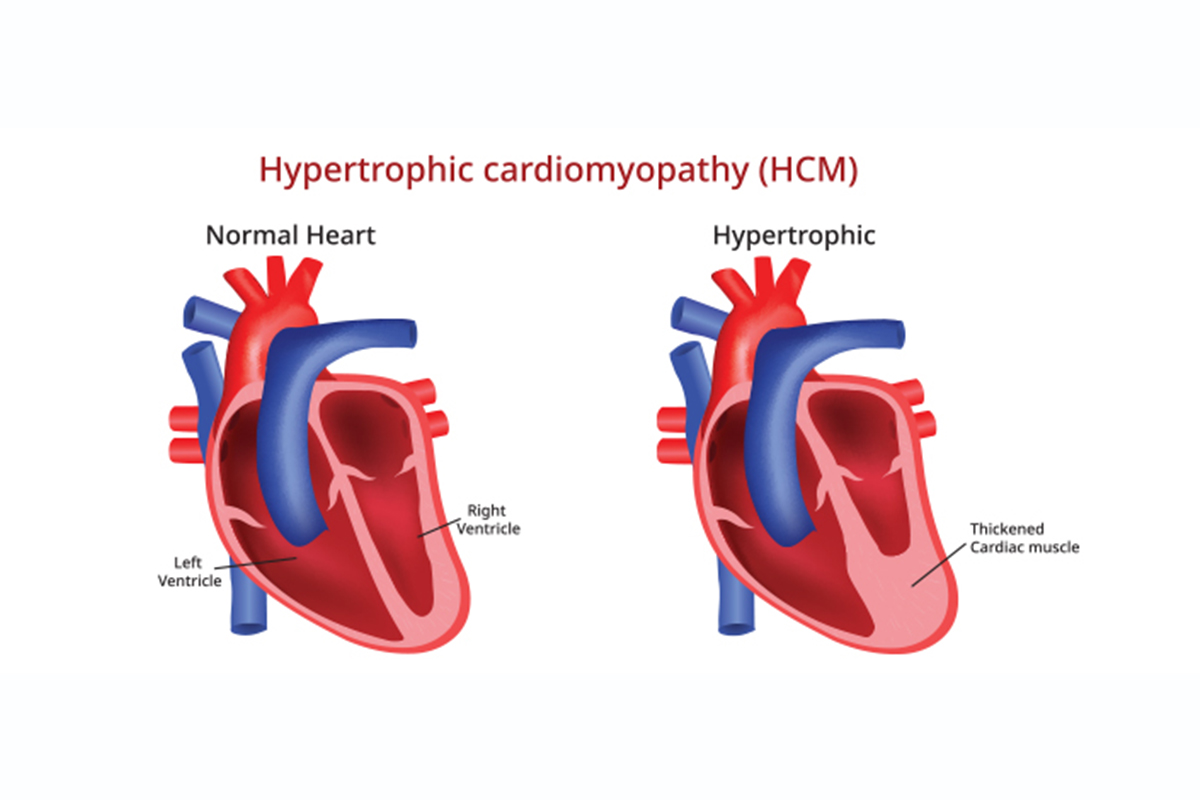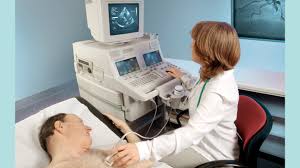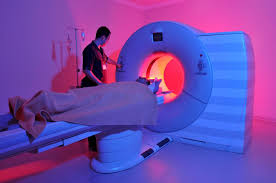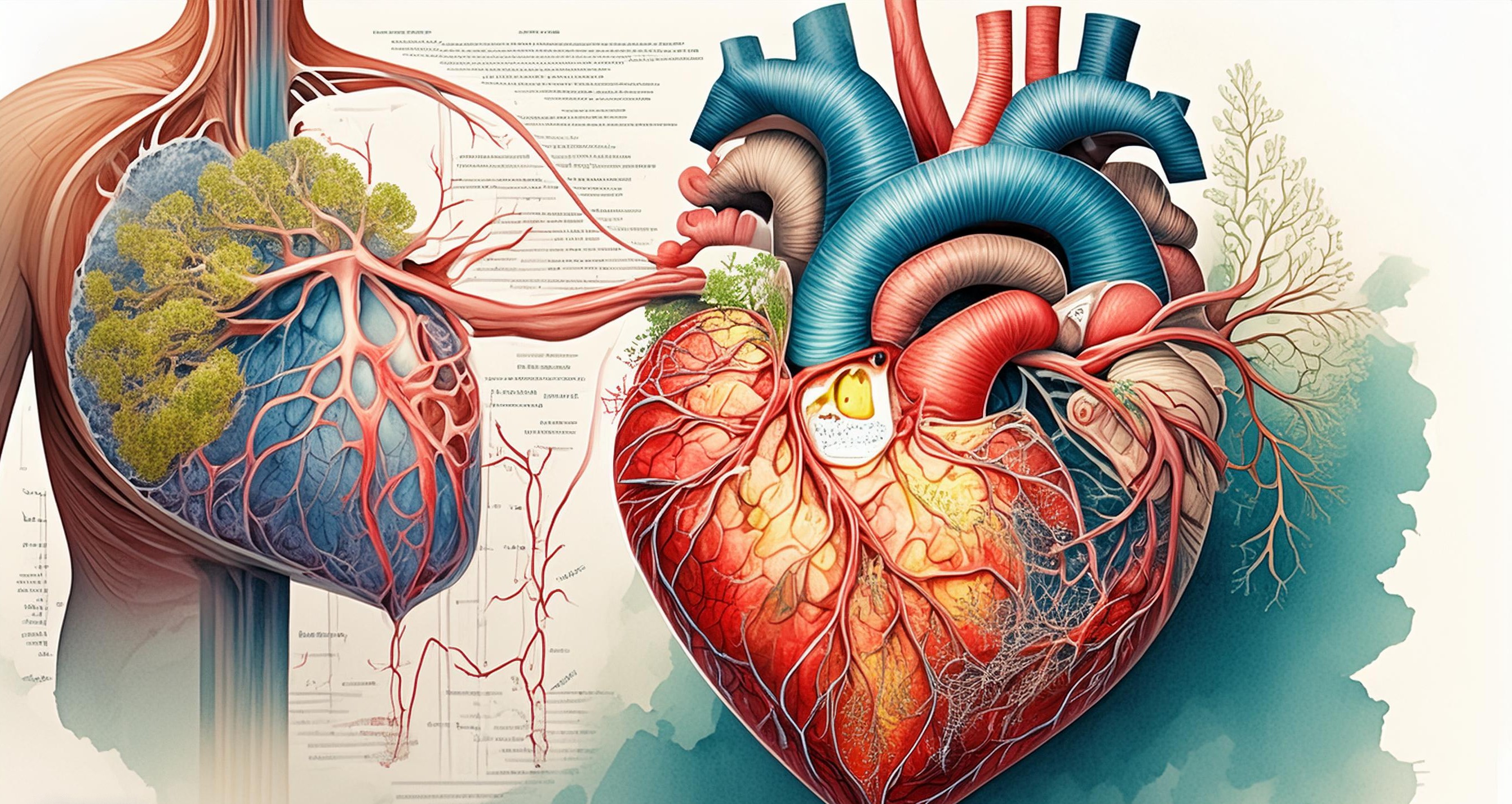Hypertrophic cardiomyopathy (HCM) is a heart problem that occurs by thickening of the myocardium the heart muscle, this condition occurs mainly in the left ventricle of the heart which pumps the oxygenated blood to the heart. It can lead to severe complications such as disturbing the everyday functioning of the heart. HCM can be genetic mostly by affecting one out of every five hundred individuals worldwide. Let's now discuss everything in depth about hypertrophic cardiomyopathy also known as heart HCM.

What causes hypertrophic cardiomyopathy?
The hypertrophic cardiomyopathy is mainly due to the mutations affecting sarcoma proteins that are mainly responsible for muscle contraction in the heart. These mutations can be genetically inherited from parents to children in an autosomal pattern.
Understanding physiological changes due to mutations:
In hypertrophic cardiomyopathy left ventricular outflow tract obstruction (LVOTO) is seen due to blood flow disturbance due to thickened myocardium. This blood flow disturbance can show certain symptoms such as breathlessness and chest pain and it also stresses out the myocardium(heart muscle) by increasing the risk of irregular heartbeats.
What are the signs and symptoms of hypertrophic cardiomyopathy?
Not everyone with heart HCM can experience the same symptoms. The symptoms can also vary from person to person depending on the severity of the issue. A few of the common symptoms include:
1)Breathlessness while doing any heavy task or while lying down flat.
2)Chest pain, frequently or during exercise or while being physically active.
3)Fainting or near-fainting scenario, especially while exertion.

4) Heart palpitations or irregular heartbeats.
5)Fatigue and weakness are also commonly experienced in hypertrophic cardiomyopathy.
6) Dizziness or lightheadedness.
How HCM is diagnosed?
If you are experiencing any signs and symptoms that are mentioned above you need to visit the doctor immediately so that they can help you with the proper diagnosis and treatment of the disease.
Diagnosing HCM commonly involves a mixture of checking the medical records overview, physical exam, imaging scans, and genetic checking out. The diagnostic procedure is as follows:
Echocardiography:
Echocardiography is an ultrasound scanning procedure that helps doctors with the visual structure of the heart it also helps to detect the thickness of the myocardium(heart muscle) and also helps in understanding the functioning of the heart.

Electrocardiogram (ECG):
This electrocardiogram is done to detect irregular heartbeats or abnormal heartbeats which are crucial to detect the problem of heart HCM(Hypertrophic Cardiomyopathy).
MRI:
This scanning procedure provides specified images of the heart's shape and can help examine the abnormality in the heart muscle.

Genetic tests:
This helps doctors identify certain types of specific genetic mutations related to HCM, especially in cases with a circle of relatives records of the situation.
Treatment procedure for Hypertrophic cardiomyopathy:
To effectively manage the problem of hypertrophic cardiomyopathy best treatment is highly essential as it can lead to severe heart complications if not treated well. Based on the severity and patient health condition the treatment procedure consists of:
Medications:
Medicines can help in providing relaxation to the heart muscles by very good blood circulation in the body, the medicines such as beta-blockers and calcium channel blockers are used to treat the condition of heart HCM.
Implantable cardioverter-defibrillator (ICD):
This device may be recommended for individuals with a high chance of cardiac death due to serious heart rhythms.
Septal myectomy:
In severe cases of HCM where the medications fail to reduce the problem surgery is recommended to remove the part of the muscle that is affected for a better blood flow in the heart.
Alcohol septal ablation:
This process includes injecting alcohol into the small artery to selectively smash a part of the thickened heart muscle, reducing HCM.
Prognosis:
The prognosis for people with HCM varies depending on the severity of the disease. While many people with HCM may enjoy with normal life by having proper treatment, few may develop increased risks of heart failure or a sudden cardiac death. Regular check-up with a heart specialist helps to monitor the condition and reduce the risks and complications.
However hypertrophic cardiomyopathy is a severe heart condition that can lead to any other heart complications. Maintaining a healthy lifestyle with proper diet and regular consultation with a doctor can help people to come out of the risk soon.
